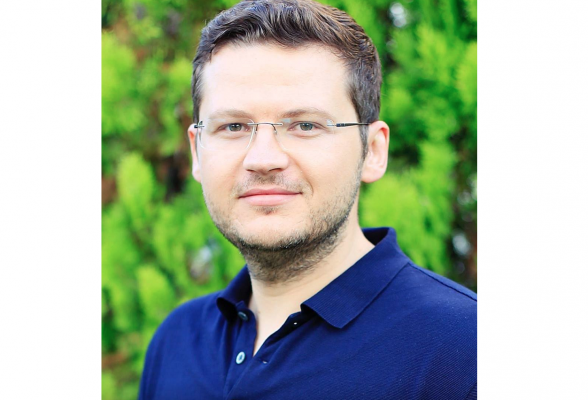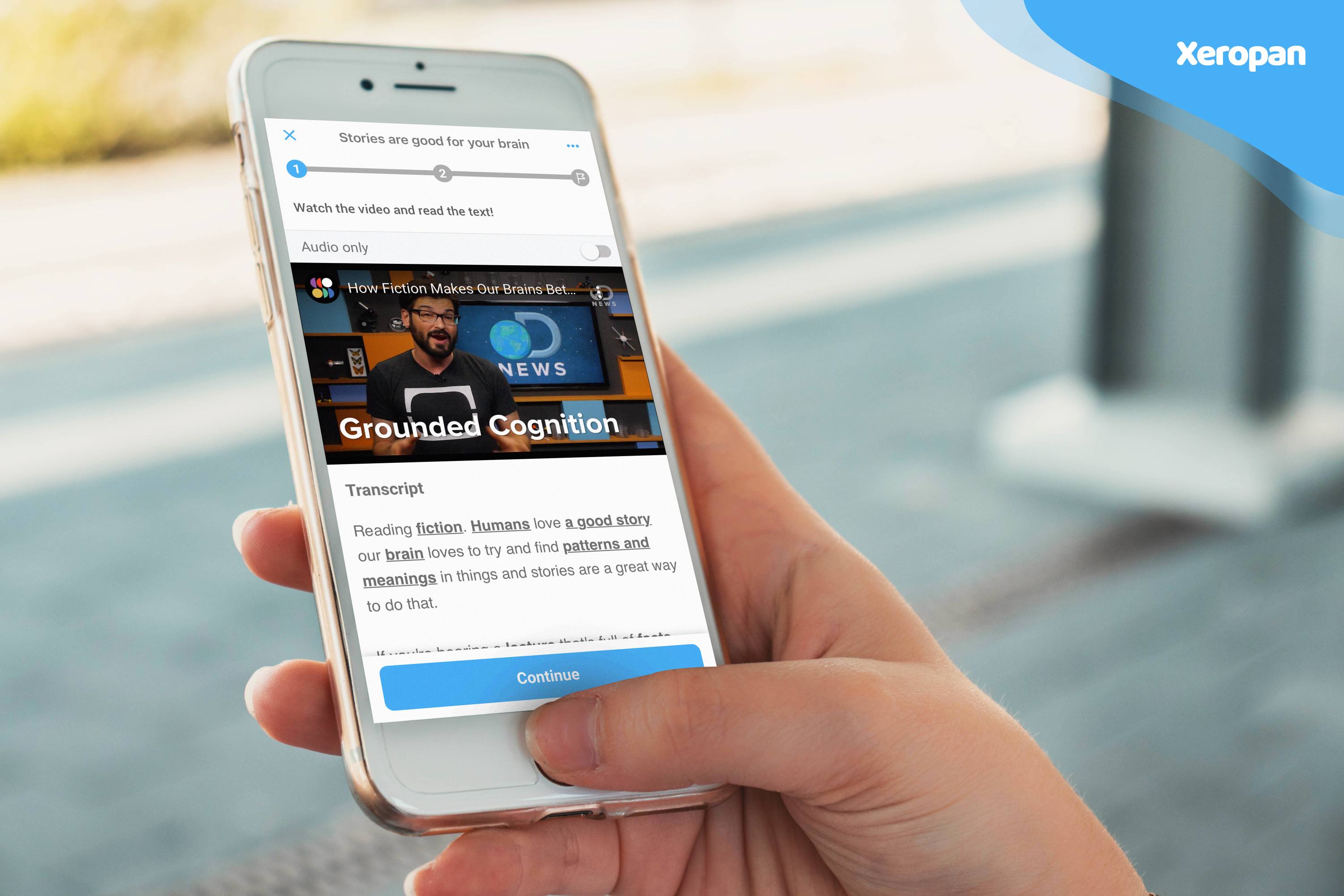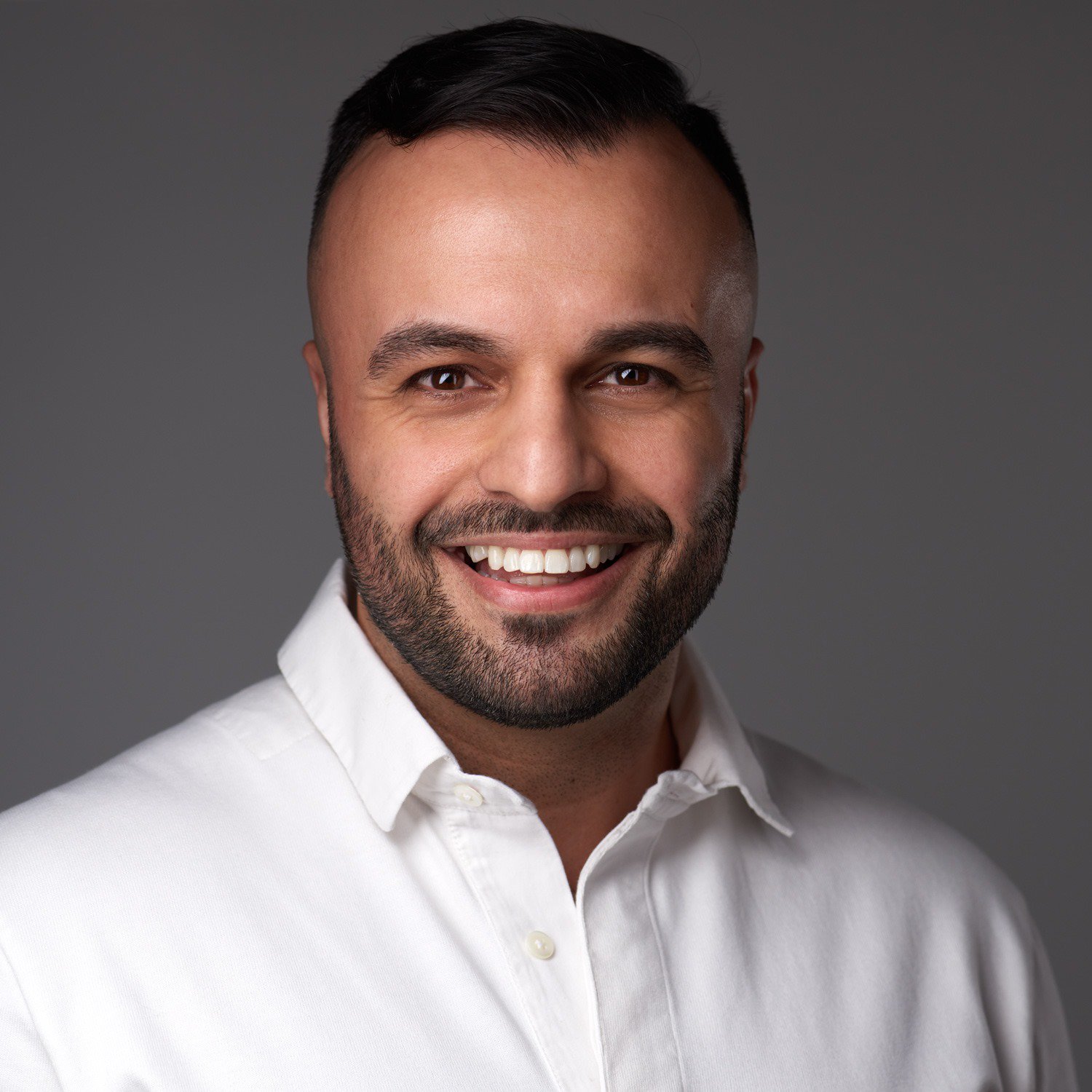Why are CEE startups boldly entering the Polish market?
We usually hear about the foreign expansion of Polish startups or the appearance of large players on our market. However, more and more often there are examples of the reverse tendency and of companies from Central and Eastern Europe entering the Polish market. Today we are checking why two companies that have entered our market in recent months, have decided to move towards Poland.
Our startup ecosystem is quite large compared to other Central European countries. Especially when it comes to VC activitiy, there is a gap between our country and the rest of the region. Therefore, it should not be surprising that more and more startups from Central and Eastern Europe appear in Poland. Moreover, VC funds from our close neighbors also operate on the Polish market - the Czech Kaya fund entered Poland in April. What are the reasons for our neighbors' startups to enter our market? We spoke to two companies that announced their entry into Poland last month - the Romanian fintech Pago and the Hungarian language learning app - Xeropan.
Pago - Poland is their first stop. With help of acceleration
Romanian Pago is an application supporting household budget management and paying bills with one click - or at the customer's request, even automatically.
- Poland is the first country outside Romania that Pago enters - says Adrian Cighi, the founder of fintech. - The main reason is that it's a market that has the same problem as Romania, which is the way people pay their bills. Although in Romania it is mainly cash, and in Poland - bank transfer, but when it comes to the organization of payments and information on what has already been paid, it looks very similar - he explains.
- We want to operate where the bills do not require payment by direct debit - in Poland it is approx. 15%, in Romania 5%. Our next target is Italy, where 35% of bills are paid by direct debit - he adds.

However, the main reason for Pago's entry into Poland is participation in the Poland Prize by Huge Thing acceleration program in 2019. The accelerator itself was recommended to them by a friend from Hungary - We spent three months in the acceleration process, we got to know the market and then the decision was made to enter Poland as the first country outside Romania - says Cighi.
The priority actions needed to enter our country was to connect with Polish suppliers and translating the application. The company started operating in the Polish beta version for 9 months, but 2 months after opening to all Polish customers, it already has 10k active users. - By the end of the year, we want to reach 50 000. In our native Romania, we have approx. 200 thousand users - said Adrian Cighi. This is to be helped by the campaign ran in cooperation with Visa - which allows you to recover 5% of funds paid.
- What surprised us after entering Poland was the online payment method. Bank transfers and Blik work very well. Also, the number of media providers and the fact that the market is not very concentrated around big players. We have identified approx. 450 small suppliers that we had to add to the application to ensure payment options in most of the country - says the founder of Pago about the things that surprised him.
- When entering a new market from abroad, you often do not have local know-how. Some things work differently, users are used to acting in a certain way that, as a stranger, you don't know. That is why we have a local team in Poland, which we are currently expanding - we are looking for people in positions related to marketing and customer service. It is impossible to operate fully digitally in a new market - he says. He adds that the company is currently profitable and covering full staff and marketing costs in both Romania, Poland and Italy, but will seek VC funding to accelerate further growth.
In teaching languages, Poland is business-oriented
Xeropan is at a different stage of development - the edutech application has been operating since 2013 and allows you to learn English. It is used by 1.4 million users in 62 countries and is available 17 languages. In April, the application launched the Polish version.
- I am an English teacher, and it all started with a problematic student for whom I came up with a solution that overcame his reluctance to communicate. We decided to work together and create an application that will use our experience. It was 8 years ago - says Attila AlGharawi, co-founder of the startup. - We conducted extensive research that showed where people want to learn languages, especially English, and hence the entrance to Poland - he explains.

Xeropan distinguishes itself on the market by the fact that, instead of language games, it allows for a real conversation - with an AI bot, which is put in a specific role - a doctor, salesperson or employee conducting a job interview, and the vocabulary used, and new elements introduced during the lesson appear in subsequent conversations with a given bot. The application also provides a platform for teachers that allows you to manage the student's learning with it.
- Most users, approx. 40%, are Hungarians. Approx. 10% are Italian or Spanish. Our entry to Poland is 10 months when we dealt with the localization of the application. It is not only translation, but also the preparation of the learning program in cooperation with local language teachers, so that our Polish version is adapted to the expectations of users. In April, we started marketing activities and acquired the first 2,000 active users - says AlGharawi. Xeropan wants to increase this number to 50,000 by the end of the year. - According to our research and the first information from users, Poland is very similar to our most important market, i.e., Hungary. We can see that students want to expand their language skills for professional reasons - he adds.
- In Hungary, our application also works as a B2G solution. During the COVID-19 pandemic, we contacted our ministry of education and are offering it to schools for free. We also want to apply a similar approach in Poland - explains the founder of the language application. The company also plans to hire local employees to develop this area of activity.
- However, each country is different. Therefore, when entering Poland or anywhere else, we do not simply use translation. We conduct a lot of conversations with users - for free access to the paid version of the application we want to learn and adapt it to students and their needs, and we also adapt the entire teaching process to local users - he says.

By the end of the year, Xeropan plans to develop its application so that it will allow you to learn 3 new languages, including Spanish, and with the Spanish-language version, start developing it on the American market.
For every startup, no matter what stage of development it is at, the most important factor when entering foreign markets is precisely adapting to the expectations of the local user. What else should you know? Read our text "Expansion into foreign markets for beginners" (Polish).





